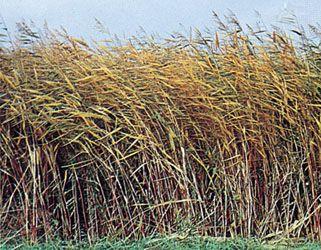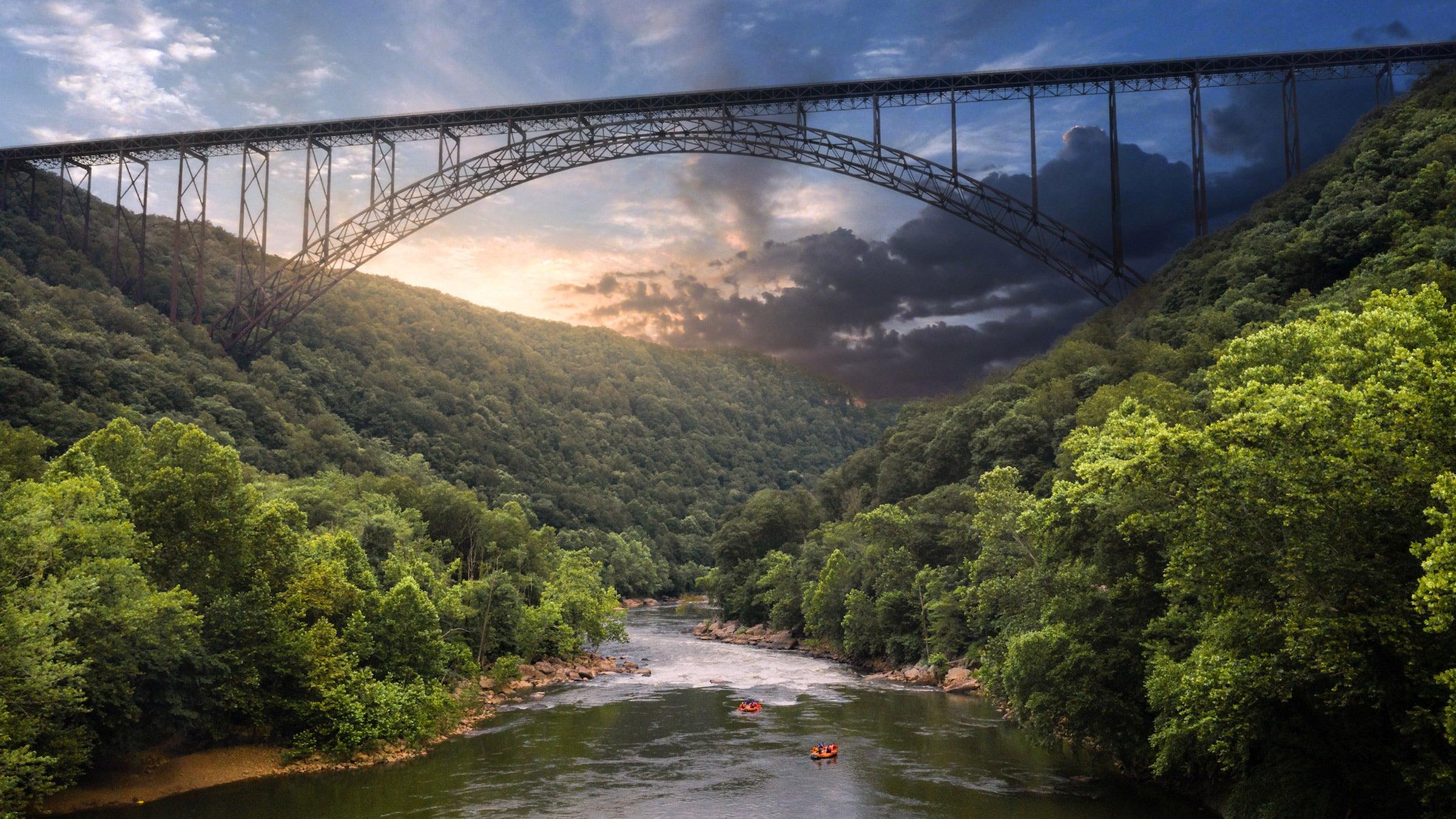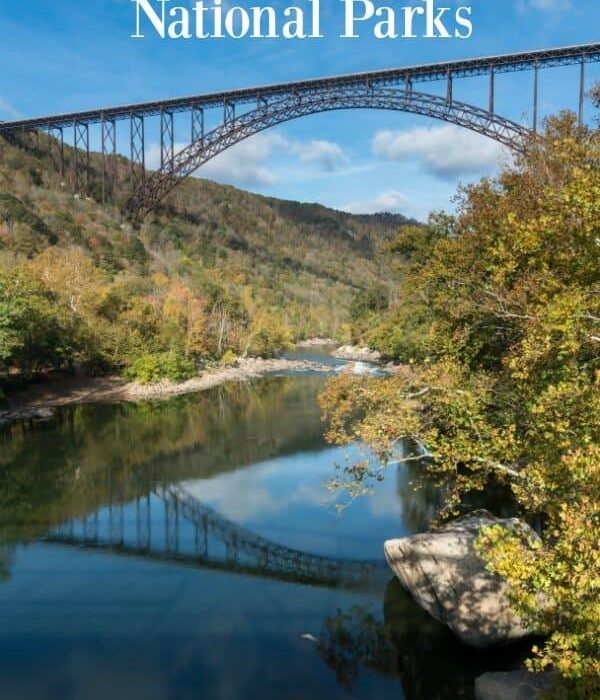In a significant progress for outdoor enthusiasts and conservation advocates alike, the West Virginia State Parks Foundation has appointed a new Executive Director, Reed, whose vision and commitment promise to invigorate the state’s cherished natural landscapes. As West Virginia boasts some of the most breathtaking parks in the Eastern united States,this leadership change comes at a pivotal time when the foundation aims to enhance public engagement and preserve the state’s rich environmental heritage. In an era where the importance of green spaces has never been more pronounced, Reed’s leadership is poised to steer the foundation towards innovative initiatives and lasting practices that celebrate the beauty and diversity of West Virginia’s state parks.
The Visionary Leadership of Reed: Shaping the Future of West Virginia State Parks
Under Reed’s visionary leadership,West Virginia State Parks are poised to undergo a remarkable change that reflects both innovation and sustainability. With a deep appreciation for the state’s natural beauty, Reed aims to enhance the visitor experience by introducing modern amenities while preserving the essence of West Virginia’s cherished landscapes. Key initiatives include:
- Community Engagement: Involving local communities to foster a sense of ownership and stewardship.
- Environmental Conservation: Implementing eco-friendly programs that protect natural resources.
- Outdoor Programming: Expanding recreational activities to attract a diverse range of visitors.
In addition, Reed’s strategic approach encompasses partnerships with various stakeholders, ensuring that advancements in state parks are aligned with local and state interests. By leveraging technology and innovative practices, Reed envisions facilities that are accessible and inclusive to all. A preliminary overview of future projects includes:
| Project | Goal | Timeline |
|---|---|---|
| Park infrastructure Upgrades | enhance visitor accessibility | 2024-2026 |
| New Trail Development | Expand outdoor recreation | 2025-2027 |
| Sustainability Initiatives | Reduce environmental impact | Ongoing |

A Commitment to Conservation: Reed’s Blueprint for Sustainable Practices
Under Reed’s leadership, the West Virginia State Parks Foundation is poised to implement innovative approaches that demonstrate a strong commitment to environmental stewardship. His strategy emphasizes sustainable practices that align with the needs of the local ecosystems while enhancing visitor engagement. Key initiatives include:
- Eco-friendly Facilities: Upgrading park infrastructure to minimize energy consumption and promote renewable resources.
- Wildlife Conservation: Collaborating with local biologists to create programs aimed at protecting vulnerable species within park areas.
- Community Involvement: Encouraging local communities to participate in conservation efforts through volunteer opportunities and educational workshops.
Along with these programs, Reed envisions the development of sustainable tourism that showcases West Virginia’s natural beauty while prioritizing conservation. By establishing partnerships with environmental organizations, Reed aims to create a framework for responsible outdoor activities that not only protect the parks but also provide economic benefits for local businesses. Future plans include:
| Initiative | Description |
|---|---|
| Nature Trails | Building new trails that are designed for minimal environmental impact. |
| Recycling Programs | Implementing recycling stations throughout the parks to reduce waste. |
| renewable Energy Projects | Exploring solar and wind energy options for powering park facilities. |

Engaging Communities: Enhancing Connections Through Outdoor Recreation
Outdoor recreation serves as a powerful medium for fostering unity and building relationships within communities. By promoting activities such as hiking, camping, and organized sports, local parks become gathering points where people of various backgrounds can come together and share experiences.These activities not only enhance physical well-being but also create opportunities for social interaction, allowing residents to forge friendships and strengthen local networks. When individuals engage in outdoor pursuits, they form bonds over common interests, creating a sense of belonging that enriches community life.
Moreover, the role of leadership in this domain cannot be underestimated.As the newly appointed Executive Director,Reed has a unique opportunity to spearhead initiatives that emphasize accessibility and inclusion in outdoor activities. Key strategies could include:
- Organizing community events that cater to all age groups and skill levels
- Implementing educational programs to help residents connect with their natural surroundings
- Enhancing park facilities to accommodate diverse recreational needs
By cultivating a culture of outdoor engagement, Reed aims to create more than just a place for recreational activities; the goal is to establish vibrant, connected communities where unity and collective experiences thrive.

Driving Tourism and Economic Development: Strategies for Growth in West Virginia’s Parks
As the new Executive Director takes the helm at the West virginia State Parks Foundation, there are tremendous opportunities to harness the unique beauty and recreational options of the state’s parks to drive tourism and economic growth. By implementing targeted marketing campaigns that highlight the natural splendor of West Virginia’s diverse landscapes, including its mountains, rivers, and wildlife, we can attract both local and out-of-state visitors. Engaging storytelling, coupled with visually stunning digital content, can appeal to nature enthusiasts, families, and adventurers seeking new experiences. Some effective strategies could include:
- Collaborative events that partner with local businesses, such as outdoor festivals and guided tours.
- Seasonal promotions aimed at encouraging off-peak visits.
- Investment in infrastructure improvements to enhance visitor experience.
Additionally, creating comprehensive partnerships with tourism boards, outdoor recreation companies, and local artisans can foster a remarkable ecosystem that supports economic development while preserving the parks. To align with these goals, we should focus on developing programs that educate visitors about conservation and sustainable practices, ensuring that economic growth does not come at the cost of the surroundings. The following table outlines some proposed initiatives and their potential impacts:
| Initiative | Description | Expected Outcome |
|---|---|---|
| Guided Eco-Tours | Organized tours led by local experts to educate visitors. | Increased awareness and respect for natural habitats. |
| adventure Package Deals | Promotional packages that combine lodging, dining, and activities. | Boost in multi-day visits and spending. |
| Art in the Parks program | Inviting local artists to create installations that celebrate nature. | Enhanced visitor experience and cultural appreciation. |
The Conclusion
the appointment of Reed as the Executive Director of the West Virginia State Parks Foundation marks a pivotal moment for the institution and the state’s natural treasures.With a renewed focus on preservation and community engagement, the Foundation is poised to enhance the vibrancy and accessibility of West Virginia’s stunning parks. As Reed steps into this role,stakeholders and nature enthusiasts alike will be eagerly watching how this leadership will bring fresh viewpoint and innovative strategies to support the parks we cherish. With a commitment to ensuring these natural spaces continue to flourish, the future looks radiant for West virginia’s beloved outdoor destinations.

